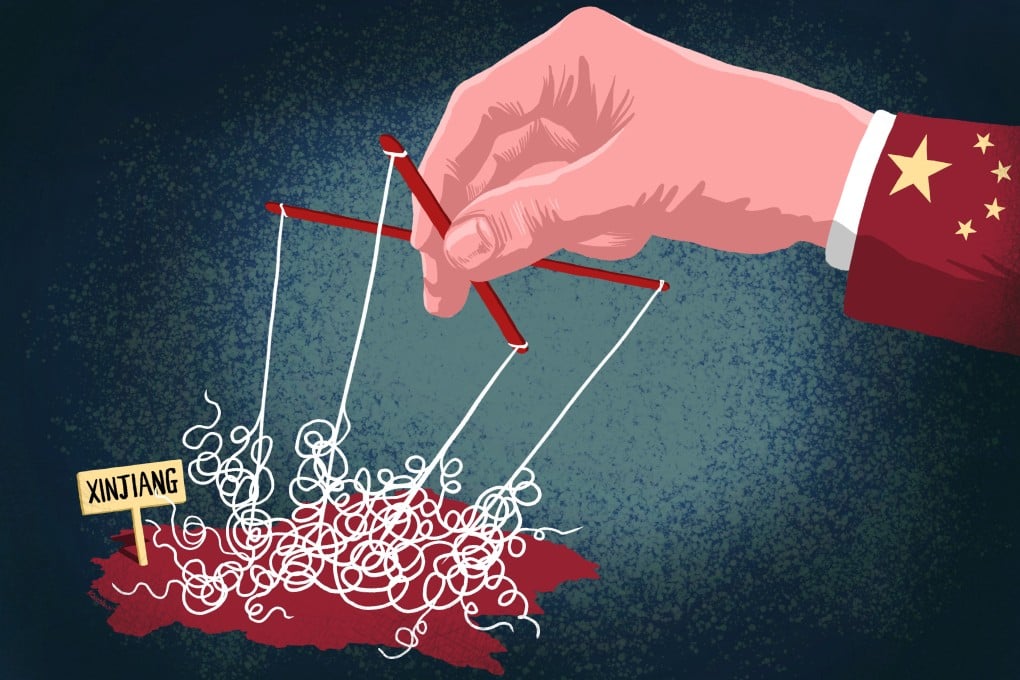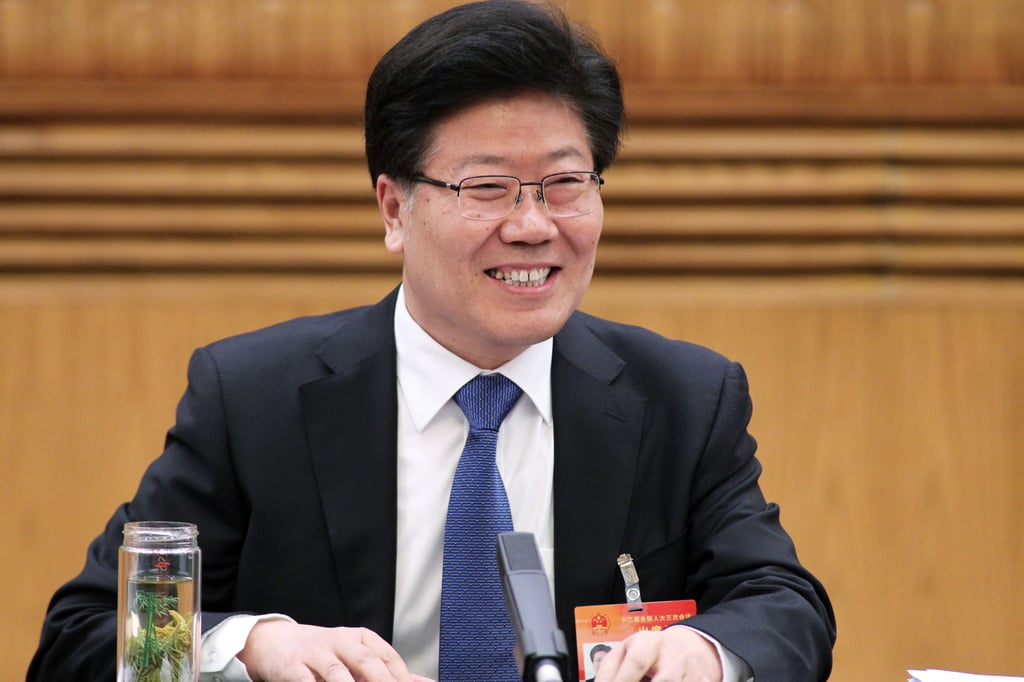China says tough measures in Xinjiang are to beat terrorism – why isn’t the West convinced?
- In 2014, President Xi Jinping launched strict new measures – ‘nets above and snares below’ – following a string of violent incidents
- Beijing’s narrative has been hampered by past downplaying of terrorist events for fear of stirring ethnic tensions or damaging the image of Xinjiang

International pressure against China over its Xinjiang policies has gained traction in recent months, with China criticised over the treatment of Uygur Muslims in Xinjiang Uygur autonomous region. China has denied allegations of forced labour and detention. We look at the issues in this series.
Just months after the 2009 bloodbath and violent ethnic clashes that shocked the region and left more than 190 dead, Zhang, the region’s media savvy and somewhat charismatic new party chief, stepped in to replace his iron-fisted predecessor who had ruled the region for more than a decade.
In one month, Zhang lifted an eight-month internet ban in Xinjiang. In 2015, he became the first Xinjiang party boss ever to join Muslim groups to celebrate the Eid ul-Fitr marking the end of the Ramadan, the month when Muslims fast.
Yet despite Zhang’s pacifying approach deployed alongside his pledge of “no mercy to terrorists”, violent attacks continued to increase under his watch and reached beyond the region.
